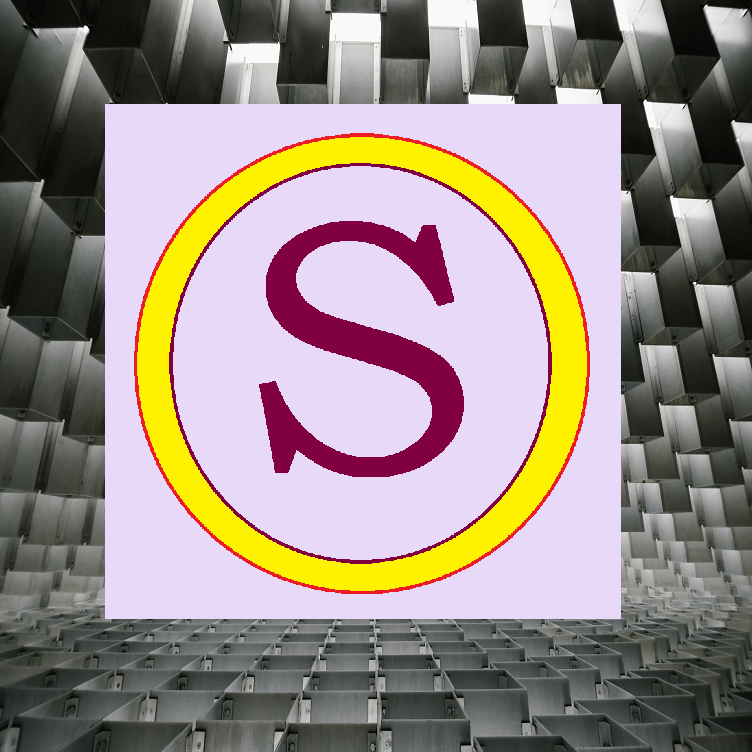Definition-
Disrupters, in the context of business and innovation, are individuals, companies, or technologies that introduce significant changes or innovations to an industry or market. They challenge the status quo and traditional ways of doing things, often leading to a shift in the industry landscape. Disrupters are known for their ability to identify and capitalize on opportunities, leveraging new technologies, business models, or approaches to deliver products or services that are more efficient, affordable, or convenient compared to existing solutions.
Are disrupters essentially innovator?
Disrupters are a specific subset of innovators who create disruptions by introducing radical changes and displacing established players in an industry.
While all disrupters can be considered innovators, not all innovators are disrupters. Disrupters bring a level of transformation and market disruption that goes beyond incremental improvements, shaking up industries and challenging established norms. For example, Oculus Rift was not the first virtual reality headset, but it played a significant role in popularizing virtual reality and making it more accessible to consumers. Prior to the Oculus Rift, there were several virtual reality headsets and systems developed for various purposes. So, basically, The Oculus Rift virtual reality headset disrupted the gaming and entertainment industry.


Examples of well-known disrupters include:
Uber: Disrupted the traditional taxi industry by introducing a ride-hailing service that connects drivers and passengers through a mobile app, transforming the transportation industry.
Airbnb: Disrupted the hospitality industry by creating an online marketplace that allows individuals to rent out their homes or spare rooms to travelers, challenging the dominance of traditional hotels.
Netflix: Disrupted the home entertainment industry by transitioning from a DVD rental service to a streaming platform, revolutionizing how people consume movies and TV shows.
Tesla: Disrupted the automotive industry by pioneering electric vehicles and pushing for sustainable transportation alternatives, challenging the dominance of internal combustion engine cars.
Amazon: Disrupted the retail industry by establishing a massive online marketplace and transforming the way people shop, causing significant disruptions to traditional brick-and-mortar retailers.
SpaceX: Disrupting the space industry by developing reusable rockets and aiming to make space travel more accessible and affordable, challenging established players in the space exploration domain.
It’s important to note that disrupters can emerge in various sectors and industries, and they often drive innovation and change by challenging existing norms and practices.
There have been several products that have disrupted their respective industries and brought about significant changes. Here are some notable examples of disruptive products:

Tesla Model S: The Model S, an all-electric luxury sedan, disrupted the automotive industry by proving that electric vehicles could offer high performance, long-range capabilities, and a desirable driving experience.
Airbnb: As mentioned earlier, Airbnb disrupted the hospitality industry by creating an online marketplace that allowed individuals to rent out their homes or rooms to travelers, challenging traditional hotel accommodations.
Spotify: Spotify disrupted the music industry by introducing a legal streaming service that offered access to a vast library of music, changing the way people consume music and challenging traditional physical media and digital downloads.
GoPro: GoPro disrupted the camera market by introducing small, rugged, and versatile action cameras that enabled users to capture high-quality videos and photos in adventurous and unconventional settings.
Nest Learning Thermostat: Nest disrupted the home automation and energy sector with its smart thermostat. It introduced intelligent features, learning capabilities, and remote control functionality, transforming how people interact with and manage their home heating and cooling systems.
Oculus Rift: The Oculus Rift virtual reality headset disrupted the gaming and entertainment industry by offering immersive and high-quality virtual reality experiences, opening up new possibilities for gaming, simulation, and other applications.
Kindle: Amazon’s Kindle e-reader disrupted the publishing industry by introducing a dedicated device for reading e-books, revolutionizing how people access and consume digital books.
Are disrupters only in tech or business category?
No, disrupters are not limited to the tech or business category. While disruptive innovations and companies are often associated with the technology sector, disrupters can exist in any industry or field. Disruption can occur in various sectors, including healthcare, finance, transportation, education, entertainment, and more. For example, in healthcare, disrupters can introduce new medical technologies, innovative treatment methods, or digital health solutions that change the way healthcare is delivered. In finance, disrupters can revolutionize payment systems, introduce new financial services, or disrupt traditional banking models.
In conclusion, disrupters have reshaped industries, challenged the status quo, and transformed the way we live, work, and interact. These visionary individuals and companies have brought forth groundbreaking innovations, challenging conventional norms and introducing new possibilities. From the first iPhone that revolutionized the smartphone industry to the disruptive power of companies like Uber, Airbnb, and Tesla, disrupters have proven that bold ideas and daring execution can change the world. They inspire us to think differently, push boundaries, and embrace innovation in all aspects of life. As we move forward, it is essential to recognize and foster a culture that encourages disrupters, as they hold the potential to drive progress, create new opportunities, and shape the future in remarkable ways.

